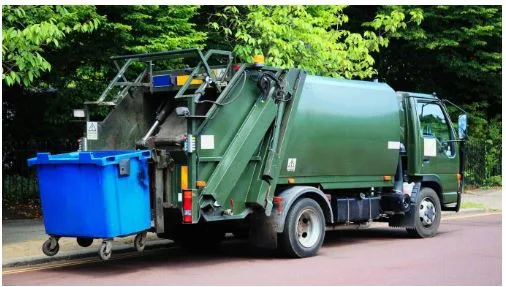Cost to Paint a Car: What You’ll Really Pay & How to Save Big
Sometimes I look at my car and think, “It really needs a fresh coat of paint, but I have no idea how much that’ll cost me.” If you’ve ever felt the same way, staring at faded paint, scratches, or just wanting a new color, you’re not alone. The Cost to paint a car can be confusing, and it’s hard to know what’s a fair price or what you’re really paying for.
In this blog, we’ll break down the cost to paint a car in simple terms. Whether you’re thinking about going the DIY route or hiring a pro, we’ll cover average prices, what affects the cost, and how to save money while still getting a great result.
What Factors Affect the Cost to Paint a Car?
The cost to paint a car depends on several things like the car’s size, condition, and the type of paint you choose. A larger vehicle or one with scratches and dents will need more work, which adds to the price. Prep time and labor also play a big role in how much you’ll pay.
High-quality paints, custom colors, or multiple coats can quickly raise the total cost. If you go for a basic job, it’s cheaper but may not last as long. So, the final price really comes down to your car’s needs and the finish you want.
Average Car Paint Costs by Type of Paint Job
The cost to paint a car can range from a few hundred to several thousand dollars, depending on the type of paint job. A basic single-coat job at a local shop might cost around $300–$900. If you want better quality and durability, mid-range jobs usually fall between $1,000 and $3,500.
For showroom-level finishes or custom designs, the price can go above $5,000. These include high-end materials, multiple layers, and expert detailing. So, the type of paint job you choose really sets the budget.
Hidden Costs You Should Know Before Painting
When thinking about the cost to paint a car, many people forget about the prep work. Fixing dents, rust, or scratches before painting can quietly add hundreds to the bill. Even things like masking, sanding, or removing old paint take time and money.
Other hidden costs include paint upgrades, extra clear coats, and better finishes. Some shops charge more for certain colors or for painting door jambs and inner panels. Always ask for a full breakdown so there are no surprises later.
How to Choose the Right Paint Type and Finish
Choosing the right paint type and finish can really affect the cost to paint a car and how it looks in the end. You’ll need to pick between options like enamel, urethane, or acrylic, each with different prices and durability. Urethane is long-lasting but more expensive, while acrylic is budget-friendly but may not last as long.
Finishes like matte, gloss, or metallic also change the final look and cost. Glossy finishes are common and affordable, while matte or pearl finishes are trendier but cost more. Think about your budget, style, and how much maintenance you’re okay with before deciding.
How Long Does a Paint Job Last?
- A standard car paint job can last 5 to 10 years, depending on quality and care.
- Weather, sunlight, and road conditions can fade or damage the paint over time.
- Washing and waxing regularly helps protect the finish and keep it looking fresh.
- Cheaper paint jobs usually don’t last as long and may start peeling within a few years.
- Garage parking and avoiding harsh chemicals can extend your car’s paint life even more.
FAQ’s
What is the average cost to paint a car?
The average cost to paint a car depends on the quality, but it usually ranges from $500 to $3,500. Custom or luxury finishes can increase the cost to paint a car.
Why does the cost to paint a car vary so much?
The cost to paint a car varies because of paint quality, car size, surface prep, and labor. More prep and higher-end paints increase the final cost to paint a car.
Is it cheaper to paint a car yourself?
Yes, doing it yourself reduces the cost to paint a car, sometimes under $200. But without experience, you might compromise quality and increase the total cost to paint a car later.
What type of paint is best for cars?
Urethane paint lasts longer but costs more, affecting the cost to paint a car. Acrylic is cheaper, but fades faster, so it lowers the initial cost to paint a car.
Can I save money on the cost to paint a car?
Yes, you can lower the cost to paint a car by doing surface prep yourself, comparing shop prices, and avoiding custom finishes. Basic paint jobs reduce overall cost to paint a car.
Conclusion
Getting your car painted is a big decision, and knowing the real cost to paint a car helps you plan better. Whether you’re going for a basic job or a custom look, the price depends on your choices, car condition, and paint quality.
By understanding the hidden costs, comparing options, and choosing the right type of paint, you can get the best results without overpaying. With the right care, a good paint job can last years and make your car look brand new again.





